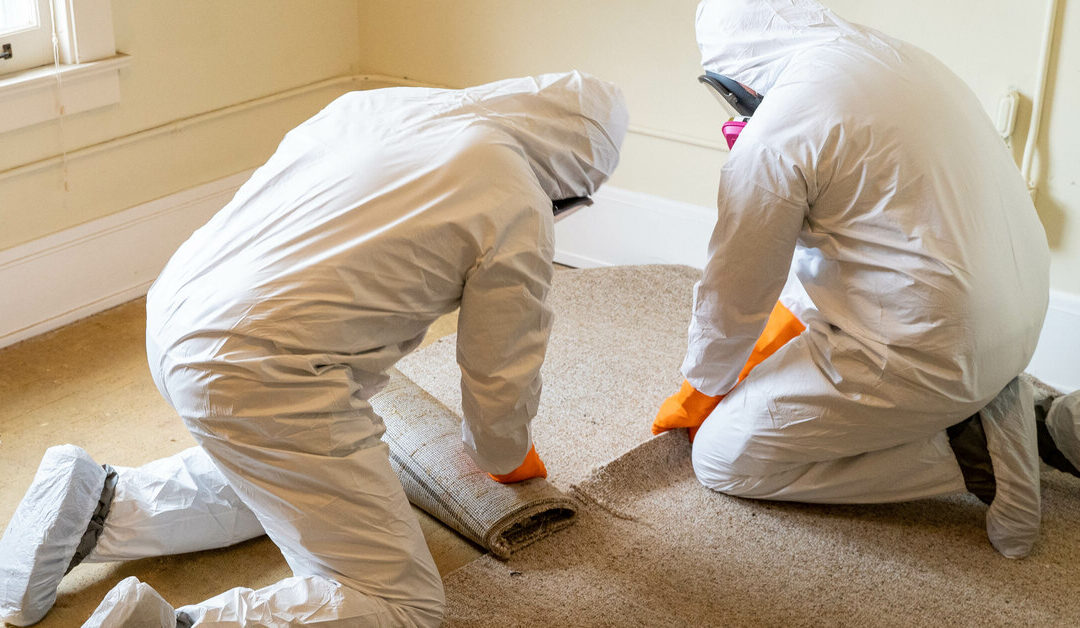Colorado residents face a silent threat that could be hiding in their home’s foundations. What is radon, and how are people exposed to it? This question demands attention, especially when the risks are linked to severe health conditions like lung cancer. Understanding what radon is, why it’s a problem, and how exposure occurs can be the first step toward ensuring your home’s safety and your family’s well-being.
What Is Radon?
Radon is a naturally occurring gas formed by the decay of uranium underground. This radioactive gas poses a unique danger because it is completely odorless, tasteless, and invisible. You cannot sense its presence, yet prolonged exposure can have serious health consequences.
What makes radon so alarming is its ability to infiltrate homes and accumulate to levels that put residents at risk. Homeowners around the US should be aware of radon in their homes, especially in Colorado, where the geology exacerbates the problem.
Why Is Radon a Problem in Colorado Homes?
Colorado’s unique geology includes soils and rocks rich in uranium, making radon gas a pressing concern for homeowners in the area. The radioactive gas seeps into houses through foundation cracks, sump pits, and gaps in crawl spaces. Once inside, it becomes trapped, usually in low levels with insufficient ventilation, such as basements.
Colorado is a high-radon state, meaning many homes here surpass the EPA’s recommended safety levels. Testing for radon is essential for residents to identify these risks and take preventive action. Prolonged radon exposure can pose long-term health dangers, including a drastically increased risk of developing lung cancer.
How Are People Exposed to Radon?
Radon invades homes through tiny cracks in concrete foundations, plumbing gaps, and poorly sealed sump pumps. Basements and crawl spaces are particularly vulnerable to accumulation due to poor air circulation. Smokers face an especially higher probability of developing lung cancer when exposed to elevated radon levels over time.
How Can You Protect Your Home?
The best way to safeguard your family is by testing your home for radon and taking immediate mitigation steps if you detect dangerous levels. If you’re looking for a radon mitigation system in Colorado, you can trust Affordable Radon Services to reduce radon concentration in your home.
Sealing foundation cracks, improving ventilation, and integrating sump pump solutions can also minimize radon exposure. These solutions not only lower health risks but also create peace of mind, knowing you’re going the extra mile to protect your home.
Take Radon Seriously
The dangers of radon are real, but you can avoid them with these steps. Start by understanding what radon is and how people are exposed to it. Testing your home and acting on the results can save lives and protect your family.
If you live in Aurora, the Denver Metro area, or nearby communities, Affordable Radon Services provides expert testing and customized solutions to tackle this serious threat.


Recent Comments